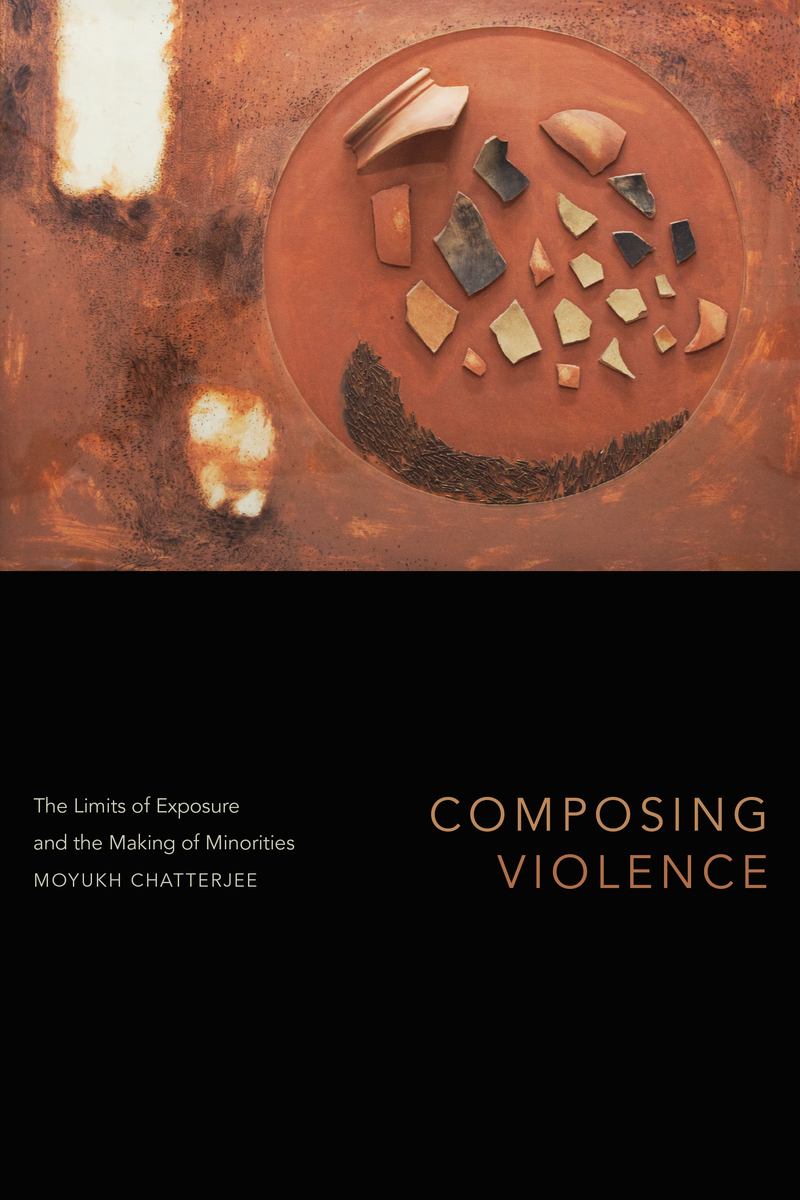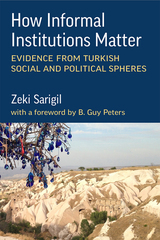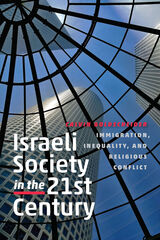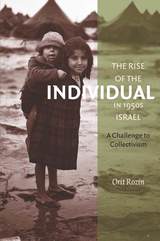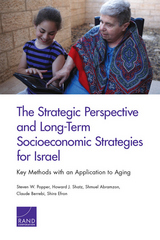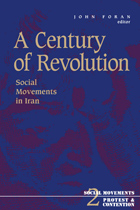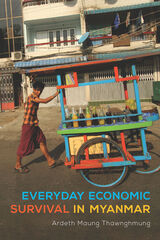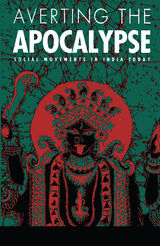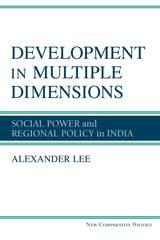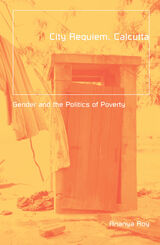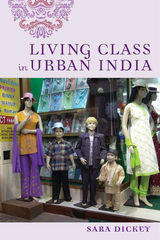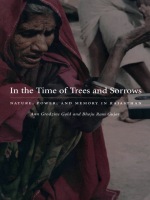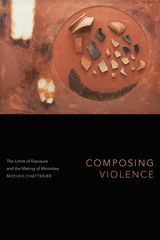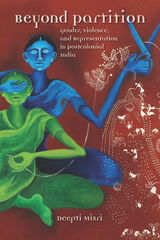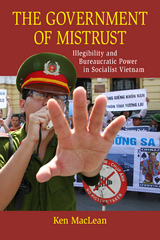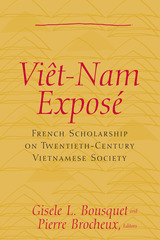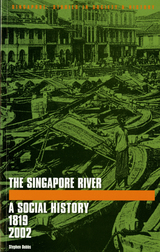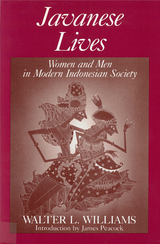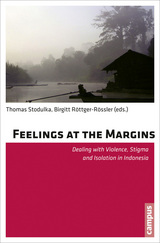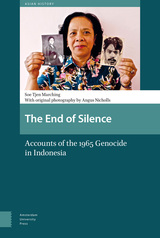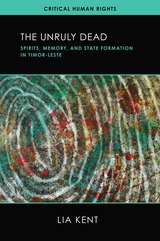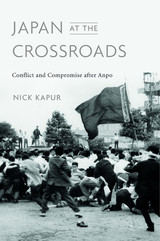Composing Violence: The Limits of Exposure and the Making of Minorities
Duke University Press, 2023
eISBN: 978-1-4780-2429-3 | Paper: 978-1-4780-1966-4 | Cloth: 978-1-4780-1702-8
Library of Congress Classification HN690.Z9V5 2023
See other books on: Limits | Minorities | Muslims | Religion and politics | Violence against
See other titles from Duke University Press
eISBN: 978-1-4780-2429-3 | Paper: 978-1-4780-1966-4 | Cloth: 978-1-4780-1702-8
Library of Congress Classification HN690.Z9V5 2023
ABOUT THIS BOOK | AUTHOR BIOGRAPHY | REVIEWS | TOC | REQUEST ACCESSIBLE FILE
ABOUT THIS BOOK
In 2002, armed Hindu mobs attacked Muslims in broad daylight in the west Indian state of Gujarat. The pogrom, which was widely seen over television, left more than one thousand dead. In Composing Violence Moyukh Chatterjee examines how highly visible political violence against minorities acts as a catalyst for radical changes in law, public culture, and power. He shows that, far from being quashed through its exposure by activists, media, and politicians, state-sanctioned anti-Muslim violence set the stage for transforming India into a Hindu supremacist state. The state's and civil society’s responses to the violence, Chatterjee contends, reveal the constitutive features of modern democracy in which riots and pogroms are techniques to produce a form of society based on a killable minority and a triumphant majority. Focusing on courtroom procedures, police archives, legal activism, and mainstream media coverage, Chatterjee theorizes violence as a form of governance that creates minority populations. By tracing the composition of anti-Muslim violence and the legal structures that transform that violence into the making of minorities and majorities, Chatterjee demonstrates that violence is intrinsic to liberal democracy.
See other books on: Limits | Minorities | Muslims | Religion and politics | Violence against
See other titles from Duke University Press
